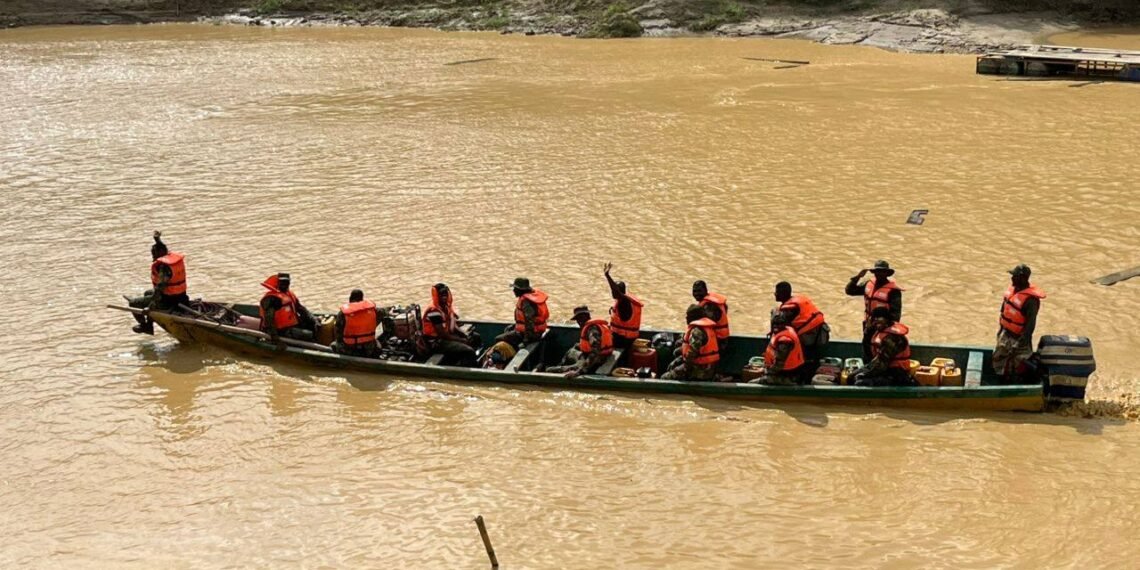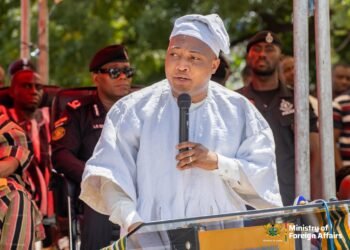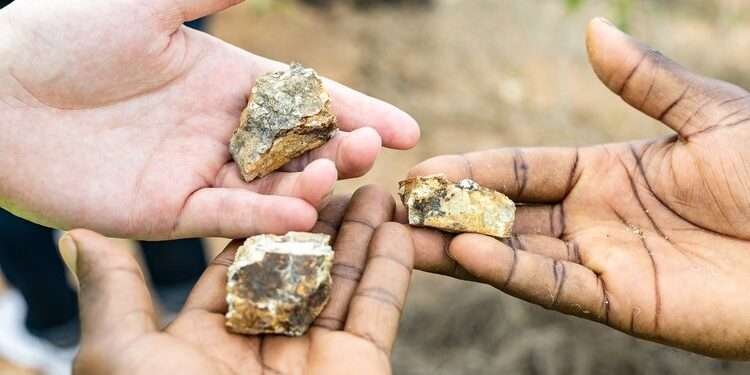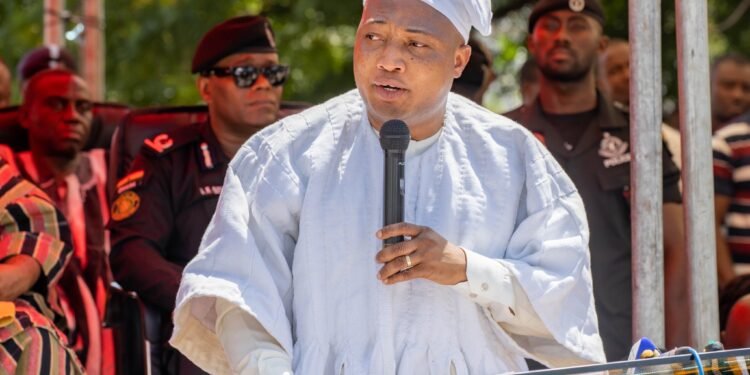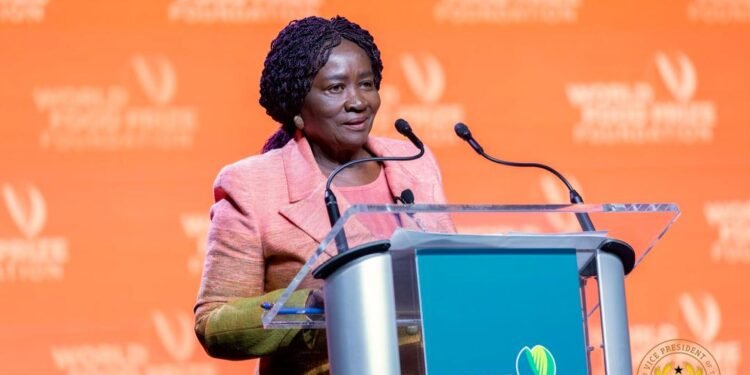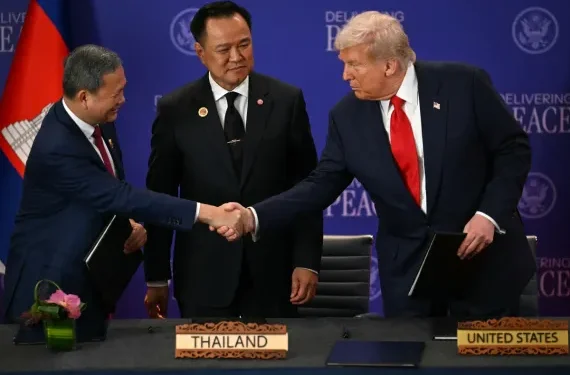The National Anti-Illegal Mining Operations Secretariat (NAIMOS) Task Force, in a coordinated effort with security agencies and community-based groups, has intensified its clampdown on illegal mining along the Ankobra River in the Western Region.
The raids targeted structures and illegal mining activities along the banks of the Ankobra, one of Ghana’s most heavily polluted rivers due to years of destructive illegal mining practices.
“The operation was carried out between Dwira Ashem through Dominase to Akango at the Nzema East Municipality of the Western Region.”
Felix Kwakye Ofosu, Presidential Spokesperson and Minister for Government Communications
During the operation, makeshift shelters erected by miners were pulled down and set ablaze, while dredging platforms and equipment used to extract gold from the riverbed were dismantled and destroyed.
The Western Naval Command led the direct clearance of operations on the water, while NAIMOS and Blue Water Guards concentrated on the banks, combing through settlements and makeshift camps suspected to harbor galamsey operators.
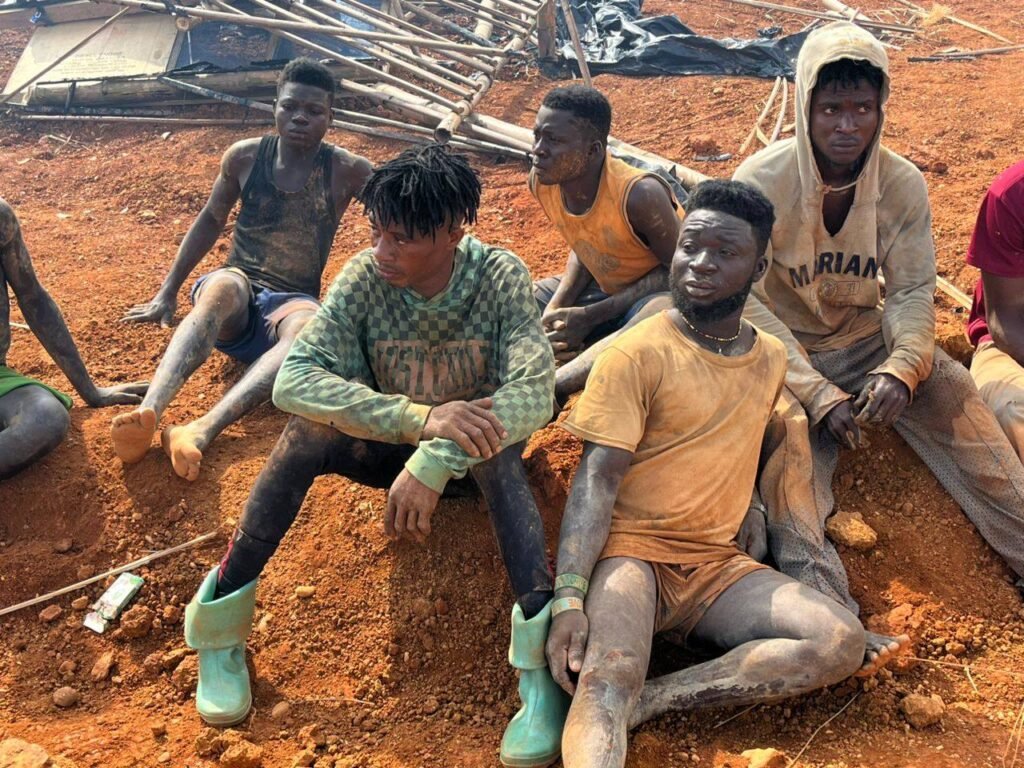
Government’s Commitment
Speaking after the operation, Felix Kwakye Ofosu, Minister of State in charge of Government Communications and Presidential Spokesperson, explained that the raids formed part of a series of sustained actions over the past three weeks to completely rid the Ankobra of illegal mining.
According to operational details released by the Task Force, the raid resulted in the burning of 20 makeshift structures, the destruction of 10 dredging platforms and 20 chanfangs, the seizure of four motorbikes and 15 pumping machines, as well as the confiscation of assorted household items and mining tools.
Among the items seized were two solar panels, a standing fan, a television set, and three gas cylinders. The confiscations, officials explained, were necessary to deny the miners access to equipment that fuels the illegal operations.
The Ankobra River has long been a hotspot for illegal mining activities, with locals and environmental experts warning about the devastating impact on water quality, aquatic life, and the livelihoods of communities that depend on fishing and farming.
The chemicals and waste from these operations have rendered sections of the river unsafe for consumption and irrigation, forcing municipalities to spend heavily on water treatment

National Commitment to Safeguarding Water Bodies
NAIMOS officials emphasized that the renewed focus on the Ankobra represents a broader national commitment to safeguarding water bodies.
They pointed out that the latest joint operations demonstrate a shift from ad-hoc interventions to sustained, coordinated campaigns involving state security, local councils, and community protection groups.
In recent times, the government has often faced criticism for the persistence of galamsey despite years of policy interventions, military operations, and public campaigns. The influence of politically connected actors and the economic desperation driving many young people into the trade have complicated enforcement efforts.
However, officials insist that the current approach, which combines force with community-driven monitoring, will yield better results.
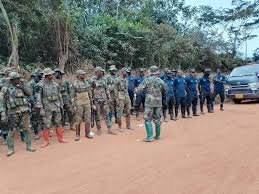
The Presidential Spokesperson, Hon Felix Kwakye Ofosu reiterated the administration’s commitment to protecting Ghana’s water resources while balancing the livelihoods of ordinary citizens.
As the battle against galamsey continues, the Ankobra operation stands out as one of the most coordinated raids in recent times.
Whether these efforts can be sustained and expanded to other mining hotspots remains to be seen. For now, the message from government and its security agencies is clear: Ghana’s rivers will no longer be left at the mercy of illegal miners.
READ ALSO: Nationwide Strike Grips France



